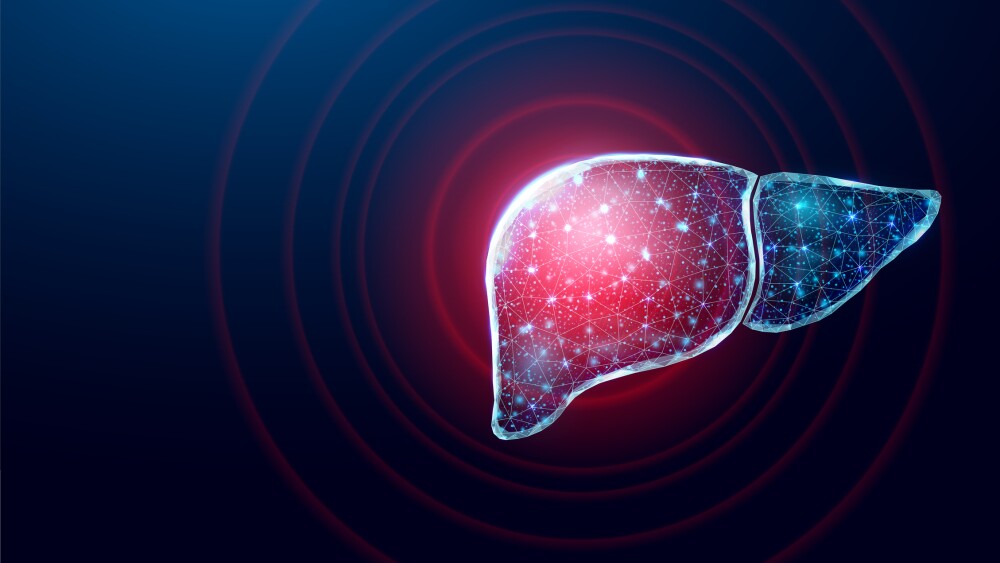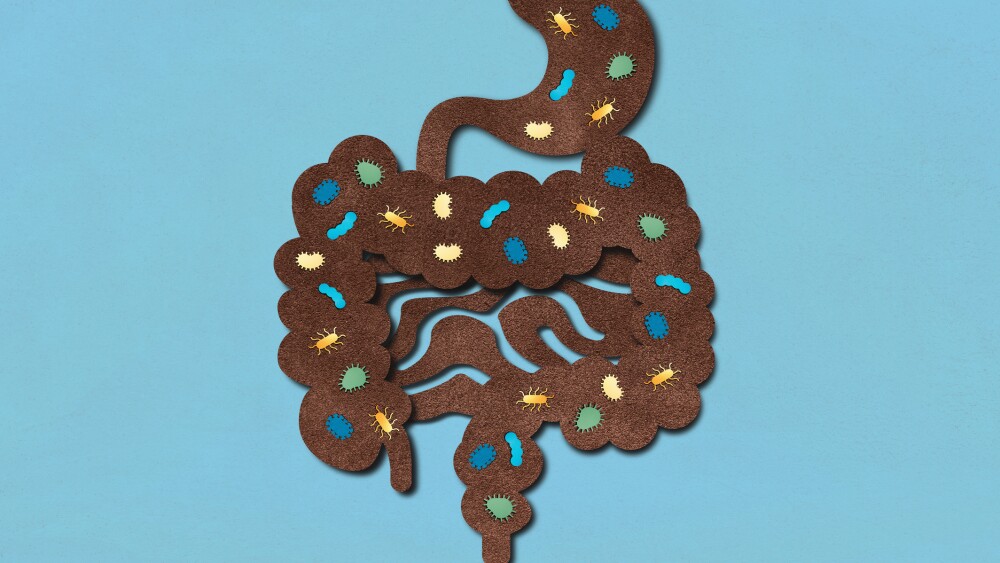Incendia Therapeutics today announced that it will present data in collaboration with PathAI, a leading AI-powered precision pathology company at the 2024 American Society of Clinical Oncology (ASCO) Annual Meeting, taking place May 31 – June 4, 2024 in Chicago, Illinois.
“I am delighted to be sharing more from our exciting collaboration with PathAI in a poster session at ASCO, highlighting the potential of utilizing digital pathology-based biomarkers to predict outcome in a clinical setting,” said Laura Dillon, PhD, Vice President of Translational Medicine & Bioinformatics at Incendia Therapeutics. “The data demonstrate the correlation between immune phenotypes predicted from hematoxylin and eosin (H&E)-stained whole slide images and survival following checkpoint inhibitor therapy in non-small cell lung cancer (NSCLC). We believe these data support the possibility of improving patient outcomes in NSCLC by advancing the identification of PD-L1(-) patients who may derive greater benefit from treatment with check-point inhibitors.”
Presentation details for ASCO 2024 are as follows:
Title: Correlation of immune phenotypes derived from H&E-stained whole slide images with prognosis and response to checkpoint inhibitors in NSCLC
Abstract Number: 8539
Presenting Authors: Bahar Rahsepar, Senior AI Product Manager at PathAI, Inc. and Laura Dillon, Ph.D., Vice President of Translational Medicine & Bioinformatics at Incendia Therapeutics
Poster Session: Lung Cancer—Non-Small Cell Metastatic
Date and Time: Monday, June 3 from 1:30 - 4:30 PM CDT (2:30 – 5:30 PM EDT)
Key Highlights:
The classification of tumors as inflamed, excluded or desert based on spatial patterns of tumor infiltrating lymphocytes (TILs) is a potential biomarker of patients likely to respond to checkpoint inhibitors (CPI). However, the subjectivity of manual methods to assess these immune phenotypes (IPs) and poor standardization in the methods and thresholds to define IPs have hampered their clinical adoption. Using a data-driven approach for predicting IPs using patch-level TIL features, AI model-predicted IPs were prognostic in The Cancer Genome Atlas (TCGA) NSCLC dataset and predictive of progression free survival (PFS) in a CPI- treated clinical NSCLC cohort. Association of IP and PFS was independent of PD-L1 status, potentially allowing the identification of PD-L1(-) patients who may derive greater benefit from CPI.
In The Cancer Genome Atlas (TCGA) NSCLC cohort, model-predicted inflamed immune phenotypes (IP) (iIP) (N=196) and excluded IP (eIP) (N=607) patients had significantly better overall survival (OS) compared to desert IP (dIP) (N=80; HR=0.53, p=0.003 and HR=0.59, p=0.003, respectively). In the clinical cohort, cancer tumor infiltrating lymphocytes density and fraction of hot epithelial patches were significantly associated with (PFS) (HR=0.64, q=0.04 and HR=0.69, q=0.04, respectively). PFS was significantly shorter in model-predicted eIP patients (N=46) compared to iIP (N=39; HR=0.54, p=0.045). Notably, in PD-L1(-) patients (N=43, tumor proportion score ≤1%), iIP patients had longer PFS than eIP and dIP patients (HR=0.35, p=0.02). No difference in PFS was observed for PD-L1(+) patients.
About Incendia Therapeutics
Incendia Therapeutics is discovering and developing a novel class of experimental therapeutics that reprogram the tumor microenvironment (TME). Incendia’s platform is based on rigorous, groundbreaking research involving spatial characterization of the tumor microenvironment, multi-omics data integration, and extensive preclinical testing. The Company’s most advanced experimental molecule, PRTH-101, is in a Phase 1 clinical trial for the treatment of patients with advanced solid tumors. For more information visit incendia.com and LinkedIn.
View source version on businesswire.com: https://www.businesswire.com/news/home/20240523562460/en/
Source: Incendia Therapeutics





